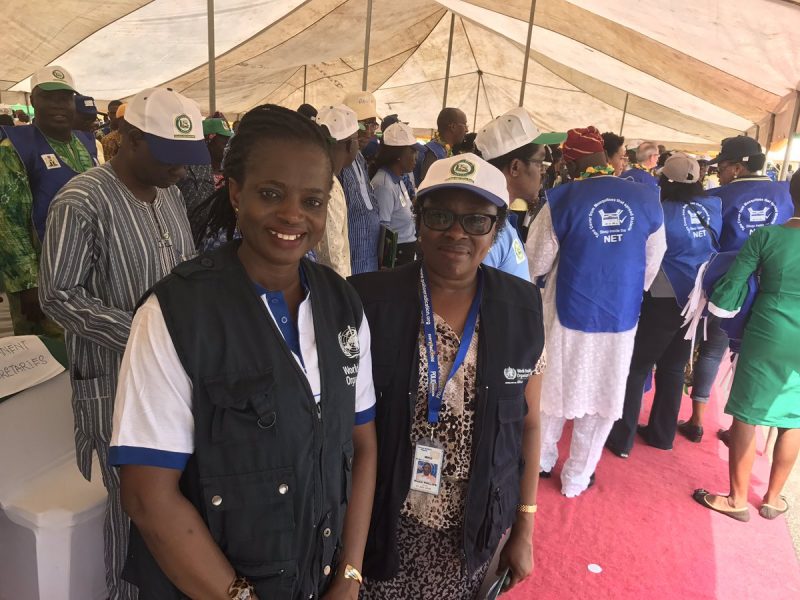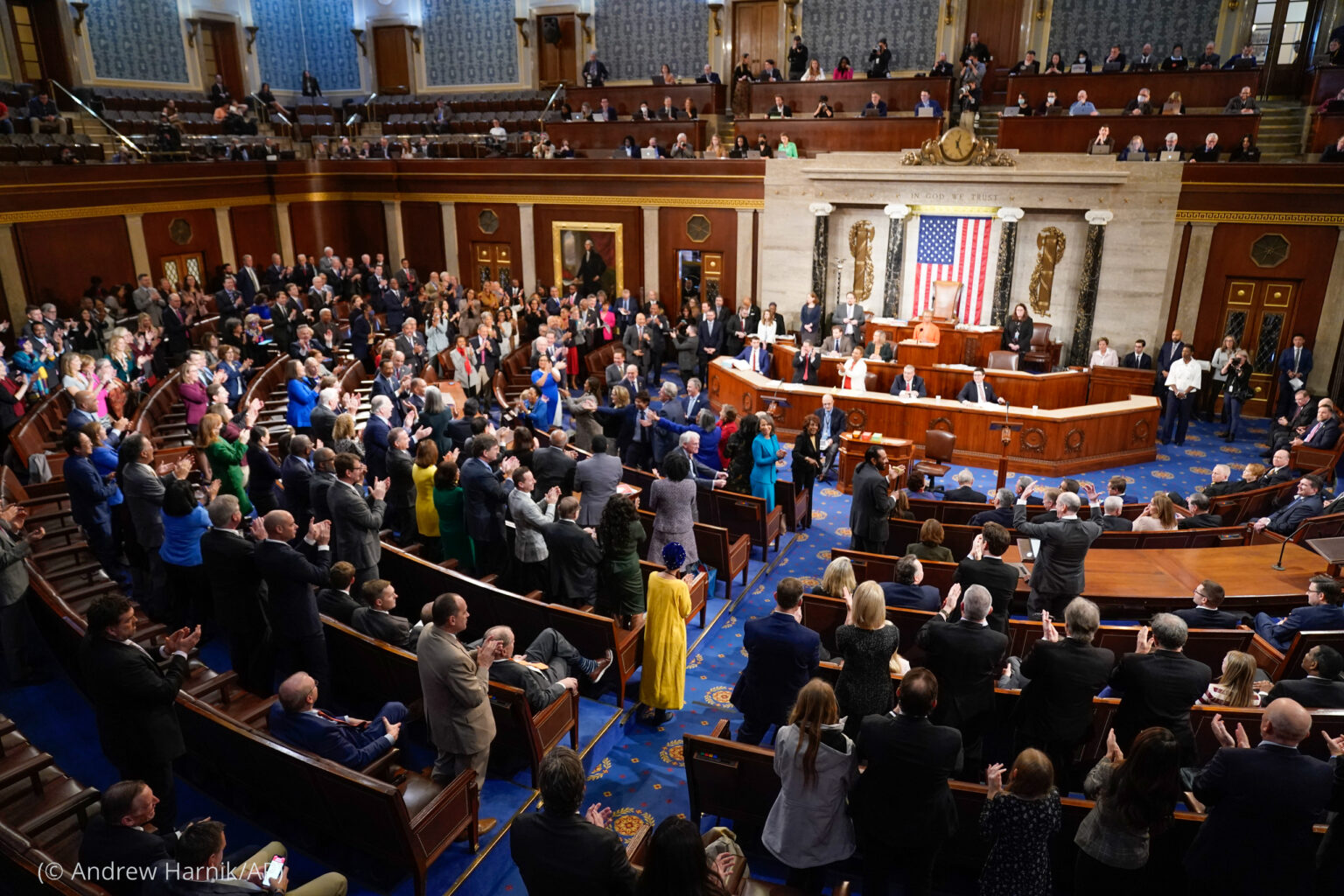Dr Tolu Arowolo, the National Professional Officer, Malaria Containment Programme, WHO, Nigeria in this interview with RUTH OLUROUNBI , speaks on why malaria continues to be a major threat in Nigeria, despite years of interventions.
Despite these progresses, malaria is still a major public health problem in Nigeria, accounting for more cases and deaths than any other country in the world. What might you say is responsible for this?
Nigeria contributed to 27 per cent of global malaria burden in 2016, 30% of Africa region burden, 52 per cent of burden in West Africa region representing the highest in all these strata. This can be attributed to a lot of factors. The first and most important in my opinion is the low uptake of prevention and treatment tools like long lasting insecticide treated nets and prompt treatment with potent antimalarias like Artemisinin based combination therapies (ACT). Despite mass distribution of LLINs using campaign strategies to achieve universal coverage, there is poor utilization of these nets at household level and therefore people are not protected. A population based conducted in 2015 showed that less than 30 per cent of households in the country are using nets consistently.
Also, the practice of using non- effective medicines for the treatment of malaria is widely prevalent, both among prescribers and care seekers. Artemisinin based combination therapies are the recommended medicines for the treatment of uncomplicated malaria. However, the 2015 Malaria indicator survey revealed that less than seven per cent of children less than five years were treated with ACTs in the last episode of fever. Other reasons can be due to delayed health seeking behaviour, widespread poverty and lack of health insurance to reduce out of pocket expenses. There is also poor perception of the severity and complications of malaria and the fact that Malaria kills.
As an expert on malaria, what are the tangible progresses in malaria containment and elimination in Nigeria ?
There has been notable progress in Malaria containment and elimination in Nigeria from 2000-2015 as depicted by the following: there is a reduction of about 35 per cent in the prevalence of Malaria Parasitemia among children under the age of five years from 2010 baseline; there is a reduction of about 30 per cent in the prevalence of severe anaemia among children under the age of five years. Severe anaemia is a common complication of Malaria infection especially in children; and the National Malaria elimination Programme and partners have distributed more than 100 million Long Lasting Insecticide (LLIN) treated nets during free distribution campaign since 2010. However, these progresses are slowing as depicted by 2017 World Malaria Reports. There was a two per cent increase in the number of cases in 2016 (56.2 million cases in 2015 to 57.3 million cases in 2016).

As an expert in malaria containment, what significant difference can you say are there between malaria control, elimination and eradication?
Let’s start from eradication; we are not attempting malaria eradication which means complete interruption of malaria transmission worldwide. It is a tall order and not feasible because it means eradication of mosquitoes and the parasite. Our aim is malaria elimination from all malarious areas of the world. This means interrupting local mosquito-borne malaria transmission in a defined geographical, i.e. zero incidence of locally contracted cases, although imported cases will continue to occur. Continued intervention measures are required
Malaria control is the reduction in the morbidity and mortality due to malaria until it is no longer a public health burden. When we have less than 5 parasitological confirmed cases of malaria in every 100 malaria microscopy test done, then we can say that malaria control have been achieved. The country can then begin to consolidate all efforts and interventions implemented to achieve this and then move gradually to elimination interventions.
Also, why is malaria elimination/containment is such an important public health goal?
Malaria Control and Elimination is an important global health agenda and will continue to be for a very long time. Populations in more than 91 countries in the World are at risk of Malaria. The 2017 World Malaria Report estimates the 2016 cases at 216 Million cases. Malaria contributes to poverty at individual, family, community and national level. It limits the progress to achieve national development. Malaria remains the greatest killer of children and even foetuses in the womb.
What role has the World Health Organisation played in malaria control and elimination in Nigeria?
The World Health Organization Global Malaria Programme provides technical leadership and guidance for the global malaria control and elimination efforts. This is done through provision of guidance documents and tools to guide malaria diagnosis, treatment and prevention interventions; pre-qualification of malaria control commodities such as nets, diagnostic tools like Rapid Diagnostic Test kits; monitoring the global trend of the diseases, providing technical support to member countries on strategies to control malaria and setting the agenda for resource mobilization towards malaria elimination
All things being equal, in your expert opinion, do you think Nigeria can meet its target of pre-elimination and reduction of malaria related deaths to zero by 2020?
Yes, Absolutely. The target was set realistically considering human resources, funding availability and revitalization of the health sector. The country achieved a 37 per cent reduction in the National parasite prevalence within within years of setting the target. However, the mid-term review of the National Malaria Strategic Plan conducted in October 2017 recommended that sustained funding and strengthening of the health system is necessary to accelerate progress and ensure that this target of pre elimination is met
What can you say may be the issues that could prevent Nigeria from meeting its 2020 target?
Funding needs to be sustained. Health systems needs to be strengthened. We need to make the interventions accessible to populations and create awareness but its availability and very importantly, monitoring the trend of the disease is a priority. We will not be able to accurately tell if we met the target or not if we don’t have a very sensitive monitoring system in place.
Per the World Health Organisation (WHO), the global fight against malaria may likely suffer a setback following reduction in funding by international donors and governments of high burdened countries across the world. What do you think this portends for Nigeria?
It is very clear! Poor and dwindling international and domestic funding for the fight against Malaria means disaster. We are beginning to see this happening in Nigeria and Rwanda with reports of increase in the number of cases. The current gains in control will be lost and we will need to start all over again. The World Malaria Reports rightly put it we are at cross roads!
What do you think are the greatest challenges facing the coalition of actors who are trying to eradicate malaria in Africa and Nigeria, specifically?
Poor funding and weak health systems are what I considered the greatest challenges facing malaria control partnerships. The period of 2000-2015 witnessed the greatest the gains in the fight against malaria because of a strong global partnership called “Roll Back Malaria” Partnership. Leaders of Governments committed to reducing malaria morbidity through concerted efforts and increased funding. This gain is now gradually being reversed due to dwindling funding.
Also, particularly in Nigeria, weak health systems poses a very huge challenge to the concerted efforts of Malaria control actors. Health System issues like Procurement and supply logistics needs to be addressed to ensure continuous availability of malaria control commodities; health service delivery needs to be integrated with community linkages to ensure prompt recognition of symptoms and effective treatment; health information management system is weakest and demands urgent attention. Routine health information monitoring should be prioritize to ensure proper monitoring of trends to inform planning and policy issues
In states like Borno for instance, how can risks posed by conflict and crises escalate malaria prevalence in such places and what can be done to help?
Reports from Borno State and especially from the early warning and Alert Systems showed that Malaria is responsible for the highest number of illness. Currently, WHO is leading a response to provide accelerated malaria control interventions in selected districts in Borno especially those with highest number of cases. An intervention called Seasonal Malaria Chemoprophylaxis was implemented from July-October in 2017. This intervention involved administering full treatment doses of recommended antimalarial to children under the age of 5 years during seasonal peaks of malaria, usually the rainy periods. The aim is to achieve therapeutic concentrations of the antimalarial in the blood of the children and therefore attack potential malaria infections.
Other interventions like protection with insecticide treated nets, protection of pregnant women with Intermittent Preventive treatment in pregnancy are also being prioritized.
Let’s talk a little bit about the south west Nigeria. How can state government work to reduce malaria prevalence rate which stands at 50 per cent, per data from US embassy?
I am not aware of this data from US Embassy! However, South West remains one of the zones with high malaria prevalence if we remove the dilution effect of Lagos State. The ecology and climatic conditions of this zone favours the breeding of highly efficient vectors which encourage higher possibility of malaria transmission. The existing weapons against malaria should be deployed extensively in all communities in SW. However most importantly, additional efforts at behaviour change communication needs to be deployed to ensure effective utilization of these interventions especially LLINs. 2015 Malaria Indicator Survey revealed that SW has the lowest utilization rate of Long Lasting Insecticide Treated Nets
How do accelerated partnerships factor in ensuring elimination goals for Nigeria, for instance?
Partnerships does one thing well in my opinion, and that is the leveraging of resources. In the face of dwindling domestic and international funding, leveraging of resources and strength of each partners can ensure that support can be maximized.
























Leave a comment